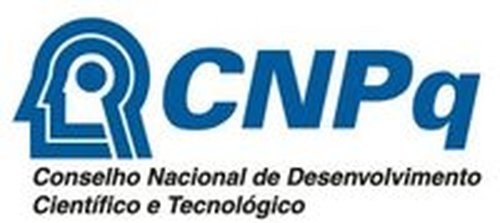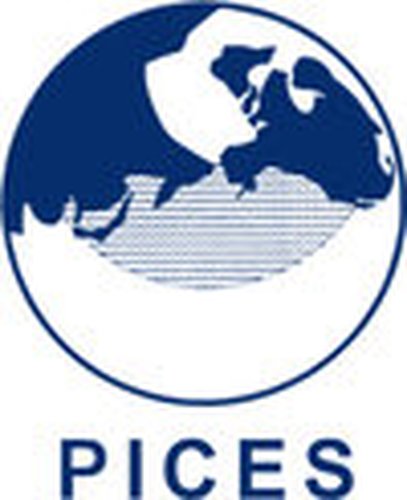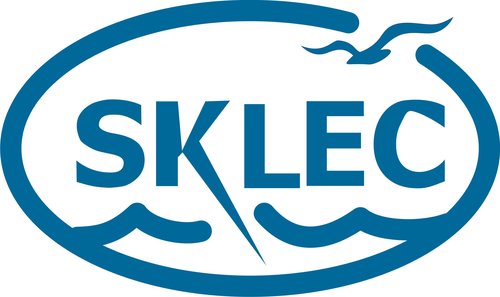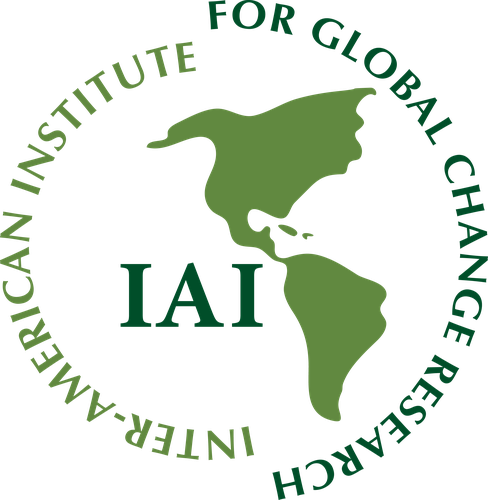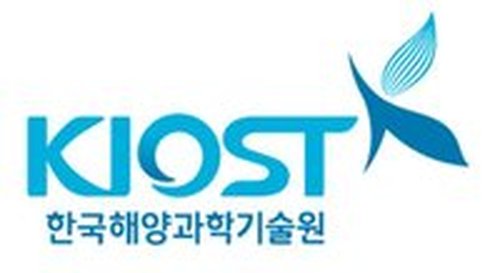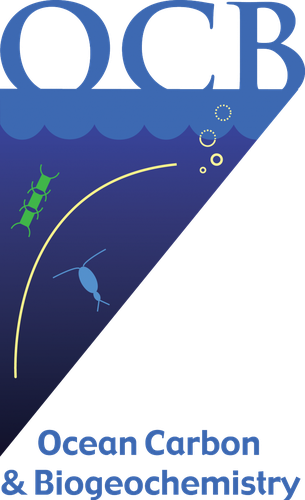
IMBeR ClimEco5 Summer School – Towards more resilient oceans: Predicting and projecting future changes in the ocean and their impacts on human societies
Time: 2016.08.10 – 2016.08.17
Location: Praia Mar Hotel, Natal, Brazil
Our oceans provide a range of goods and services for human societies. However, marine ecosystems are changing at unprecedented rates, driven by a combination of climate pressures and direct anthropogenic impacts like fishing and coastal development. These impacts are modifying the productivity and biodiversity of marine ecosystems in ways that threaten their resilience and sustainability. The effects of both natural and anthropogenic pressures are expected to continue and probably intensify in many regions. Models of the socio-ecological system interactions, considering the combined effects of multiple drivers, will help us understand and project these potential impacts into the future. Because social-ecological system models and related indicators provide information necessary to anticipate potential future change in marine environments and to deal with this change to the best of our ability. To maintain marine ecosystem services these social-ecological models are critical for developing workable yet flexible management approaches and policy decisions.
Participants
This was an interdisciplinary summer school and we welcomed applications from students and early-career researchers (up to 10 years post PhD) in natural and social sciences who are interested in modelling and interpreting change in global oceans. Participants with interests in topics including for example, oceanography, biogeochemistry, fisheries, climate change and social and economic aspects of marine ecosystems were encouraged to apply. This summer school was for scientists wanting to find out about practical ways of dealing with the challenges arising from working across social and natural science disciplines, and communicating with decision makers,
Lecturers
A team of multidisciplinary experts from the natural and social sciences shared their perspectives and approaches to marine science. They included:
- Ronaldo Angelini, Universidade Federal do Rio Grande do Norte, Brazil
- Laurent Bopp, Laboratoire des Sciences du Climat et de l’Environnement (LSCE), France
- Adriana Carvalho, Universidade Federal do Rio Grande do Norte, Brazil
- Christopher Cvitanovic, University of Tasmania, Australia
- Beth Fulton, CSIRO, Australia
- Maria Grazia Pennino, Instituto Español de Oceanografía, Spain
- Priscila Lopes, Universidade Federal do Rio Grande do Norte, Brazil
- Rashid Sumaila, University of British Columbia, Canada
- Paul Suprenand, Mote Marine Laboratory, USA
- Ingrid van Putten, CSIRO and University of Tasmania, Australia
Topics
Topics covered during the summer school included:
Delineating the issues of climate change and impacts on marine ecosystems
- Biogeochemical and oceanographic processes
- Marine ecological processes
- Overview of climate change processes and pressures on marine ecosystems
- Impacts of climate and change in marine systems on society
- Economic impacts of global change
Modelling approaches for different data from natural and social sciences
- Overview of Earth system models
- Ecopath, Ecosim and Ecospace
- Global/regional socio-economic models
- Modelling approaches (Bayesian and qualitative models)
- Modelling approaches (Agent based and network models)
Spatial modeling
- End-to-end models
- Spatial modelling of ecosystem services (inVEST)
- Coupling models
Indicators, data analysis methods and applied statistical techniques
- Indicator basics
- Social, economic and ecological indicators
- Translation into decision criteria
- Detecting trends, thresholds, non linearity and tipping points in data
- Basic non parametric statistics (PCA – clusters, etc.)
Using science in management
- The psychology of communication: what works and what doesn´t
- Marine science communication
- Engaging with policy and decision-makers
- Social psychology and behavioural economics
Additional information
Watch the lectures on our YouTube channel!
Flyer
Click here to download the ClimEco5 flyer.

